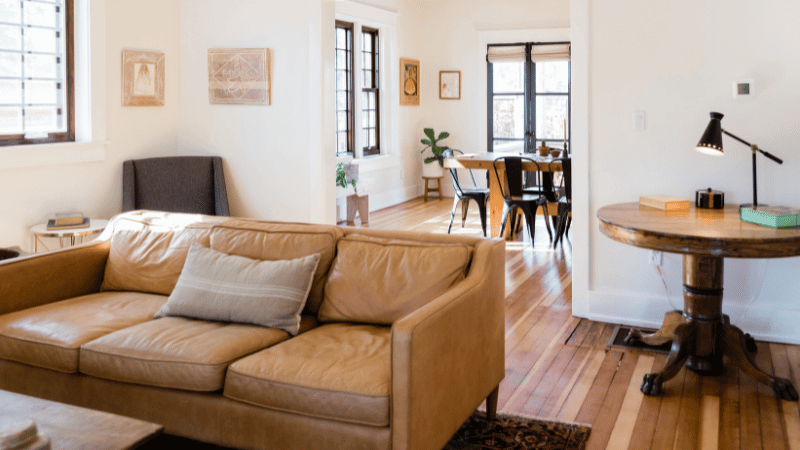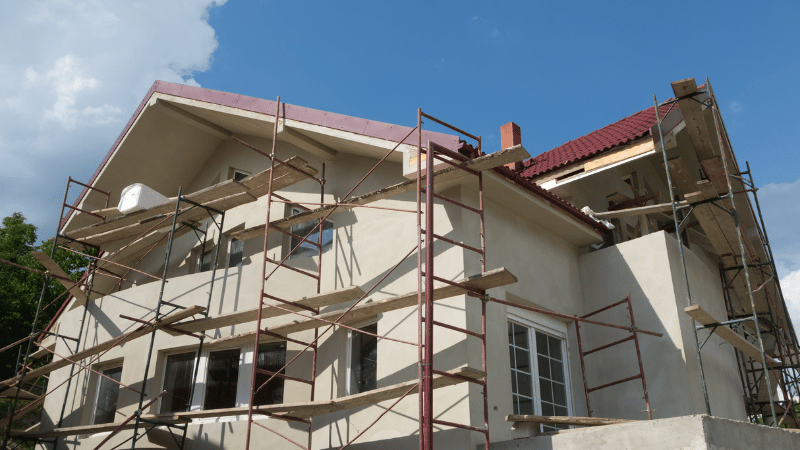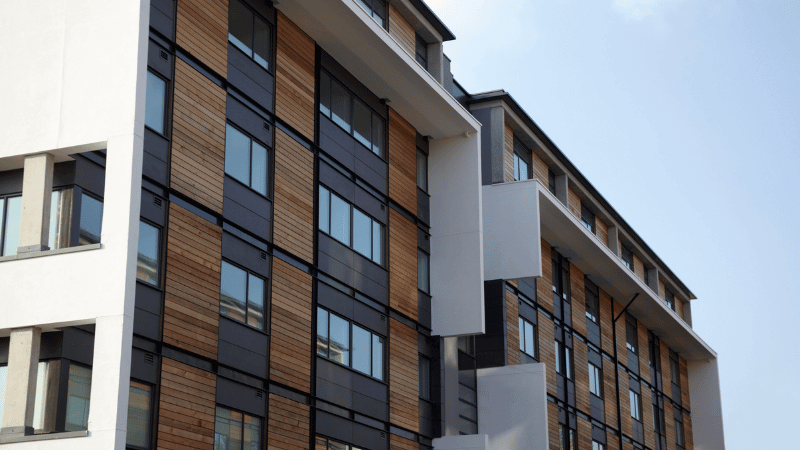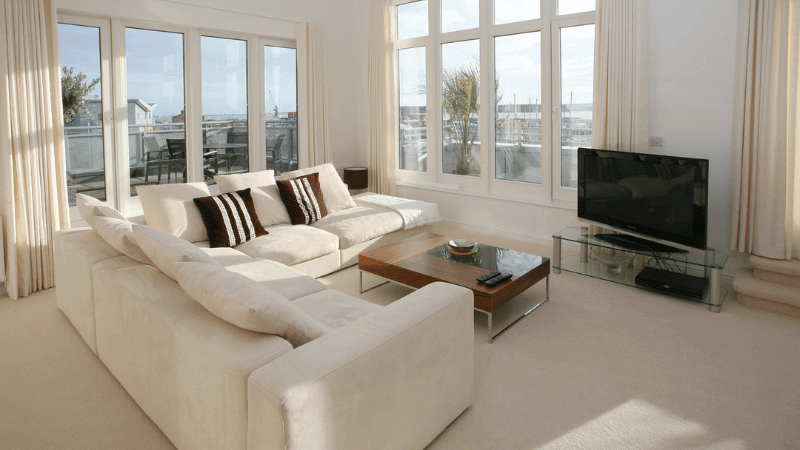Categories
How to Get a Mixed Use Property Mortgage

A mixed-use mortgage is a finance solution used to fund the purchase of properties that aren't solely commercial or residential.
Are you considering buying a shop or office premises with a flat above? Or maybe a one-time pub with a landlord’s accommodation? If so, you’ll need to use a different type of mortgage finance.
Most property owners venturing into property investment for the first time (to generate an income or for capital gain) are comfortable with the idea of buying a residential property to rent out.
A buy to let property (BTL) feels like a familiar market - most of us have experienced being renters and homeowners. Many first-time landlords take equity out of their homes to fund a deposit on a BTL investment.
But fully commercial properties can produce a substantially higher return on investment (ROI) than residential properties.
However:
- The leasing and managing are much more complex
- The finance structure is different
- And they usually require a much bigger investment of capital
All of which deter novice investors.
This is why a mixed-use or semi-commercial property (SCP) – commonly a shop, office or restaurant with a flat above – is a popular bridging loan into the commercial property market.

In this guide:
What is a Semi-Commercial or Mixed-Use Property?
How to Tell if Your Property is Residential, Semi-Commercial or Commercial
What if the Property I’m Buying is Vacant?
5 Good Reasons to Buy a Mixed-Use Property
Can I Live in the Residential Part of a Mixed-Use Property?
How is Finance for Semi-Commercial Property Different?
Finance for Mixed-Use Rural Estates
How Much Can I Borrow for a Mixed-Use Property?
What is a Semi-Commercial or Mixed-Use Property?
Put simply, it’s a rental property that combines residential premises with commercial use.
For example:
- Flats above shops, restaurants or offices
- Guest houses with accommodation for the owners
- Pubs with self-contained accommodation
- Buildings with both self-contained flats and offices
How to Tell if Your Property is Residential, Semi-Commercial or Commercial
- If your property is solely used for accommodation (whether a single-family home, a house with multiple occupations (HMO), or a multi-unit freehold block containing several self-contained units (MUFB), it’s a residential property.
- If there's any commercial use for your property – even 10% or less – it's a semi-commercial or mixed-use property.
- If less than 40% of the value of your property comes from the residential element, most lenders will class it as a commercial property.
What if the Property I’m Buying is Vacant?
The definition of a property is decided by its registered use, not its current use.
If the property you’re buying is completely vacant, but its registered use is commercial, a mortgage finance survey will reveal this. So, you’ll need semi-commercial finance.
The only exception may be if there’s separate access for the commercial and residential premises. For example, if a commercial unit is entered from the front and there's separate rear access for a flat above, some lenders may offer two different mortgages.
However, going to two different lenders for these mortgages can be problematic, as the units may share building aspects, such as the roof.
If you're unsure of your best finance option, consider booking a consultation with one of our specialist mortgage brokers.

5 Good Reasons to Buy a Mixed-Use Property
- Strong yields
- A first step into commercial property investment
- Diversifying your portfolio and spreading risk across market sectors
- Cheaper Stamp Duty Land Tax (SDLT) across the board for non-residential property
- No SDLT surcharge (extra 3%), as applied to all residential properties owned in addition to your main residence
For example:
On a £300,000 additional residential investment property, you’ll pay a total of £11,500 in SDLT.
But for a £300,000 non-residential property, you’ll pay £4,500 in SDLT: a saving of £7,000.
Potential returns on semi-commercial property vs residential
According to the Buy to Let Mortgage Index for the first quarter of 2022:
- Average yield on "vanilla" buy to let properties: 5.35%
- Average yield on semi-commercial properties: 6.09%
Can I Live in the Residential Part of a Mixed-Use Property?
Short answer: yes.
Many semi-commercial properties offer very attractive living options, such as in central city locations above high-street retail or in pedestrianised shopping precincts.
And in the country, pub-landlord accommodation can be a unique opportunity for affordable rural accommodation.
Just note that:
- Living in your property means that your finance needs to be "regulated," and the number of lenders offering regulated mixed-use mortgages is limited.
- Rates may not be as competitive, but we can still find a lender for you.

How is Mortgage Finance for Semi-Commercial Property Different?
Semi-commercial property finance must combine the elements of a commercial mortgage and a residential mortgage (whether owner-occupier or tenant).
But the requirements of a commercial property take precedence. Even a semi-commercial mortgage is classed as a commercial mortgage and will be financed by a commercial lender.
Types of finance for semi-commercial finance:
- Interest-only options: for a fixed period or the entire duration of your borrowing
- Fixed repayment options: to help with your budgeting or company accounts
Related: How to Get a Mortgage for a Mixed-Use Country Estate
How Much Can I Borrow for a Mixed-Use Property?
Mixed-use finance can be complex, so it's recommended to use a specialist broker to find the most suitable mortgage lending for your particular situation.
At Clifton Private Finance, we have a dedicated team of specialist mortgage advisers ready to offer a helping hand. We can advise on the best way to structure your mortgage and help you understand the many options available across the market.
We can use our extensive network of lenders to access market-leading rates and bespoke finance products. Our team can guide you through the process and take care of the bulk of the paperwork, making it as smooth as possible.
To see what we can do for you, give us a call at 0203 900 4322 or book a free consultation below.









